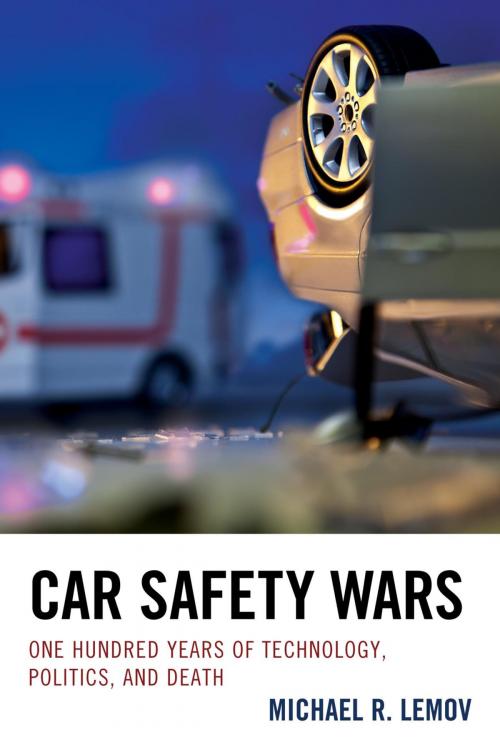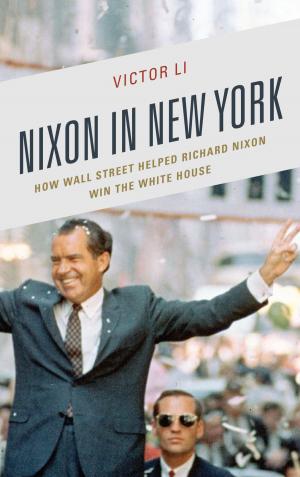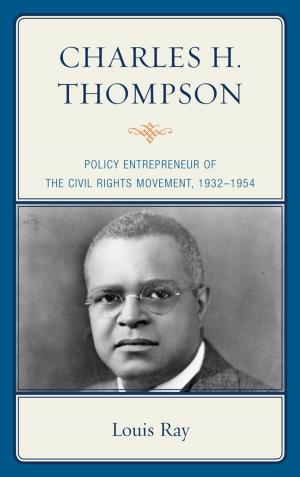Car Safety Wars
One Hundred Years of Technology, Politics, and Death
Nonfiction, Social & Cultural Studies, Political Science, Politics, Economic Policy, Business & Finance, Industries & Professions, Industries, History, Americas, United States, 20th Century| Author: | Michael R. Lemov | ISBN: | 9781611477467 |
| Publisher: | Fairleigh Dickinson University Press | Publication: | March 19, 2015 |
| Imprint: | Fairleigh Dickinson University Press | Language: | English |
| Author: | Michael R. Lemov |
| ISBN: | 9781611477467 |
| Publisher: | Fairleigh Dickinson University Press |
| Publication: | March 19, 2015 |
| Imprint: | Fairleigh Dickinson University Press |
| Language: | English |
Car Safety Wars is a gripping history of the hundred-year struggle to improve the safety of American automobiles and save lives on the highways. Described as the “equivalent of war” by the Supreme Court, the battle involved the automobile industry, unsung and long-forgotten safety heroes, at least six US Presidents, a reluctant Congress, new auto technologies, and, most of all, the mindset of the American public: would they demand and be willing to pay for safer cars? The “Car Safety Wars” were at first won by consumers and safety advocates. The major victory was the enactment in 1966 of a ground breaking federal safety law. The safety act was pushed through Congress over the bitter objections of car manufacturers by a major scandal involving General Motors, its private detectives, Ralph Nader, and a gutty cigar-chomping old politician. The act is a success story for government safety regulation. It has cut highway death and injury rates by over seventy percent in the years since its enactment, saving more than two million lives and billions of taxpayer dollars.
But the car safety wars have never ended. GM has recently been charged with covering up deadly defects resulting in multiple ignition switch shut offs. Toyota has been fined for not reporting fatal unintended acceleration in many models. Honda and other companies have—for years—sold cars incorporating defective air bags. These current events, suggesting a failure of safety regulation, may serve to warn us that safety laws and agencies created with good intentions can be corrupted and strangled over time.
This book suggests ways to avoid this result, but shows that safer cars and highways are a hard road to travel. We are only part of the way home.
Car Safety Wars is a gripping history of the hundred-year struggle to improve the safety of American automobiles and save lives on the highways. Described as the “equivalent of war” by the Supreme Court, the battle involved the automobile industry, unsung and long-forgotten safety heroes, at least six US Presidents, a reluctant Congress, new auto technologies, and, most of all, the mindset of the American public: would they demand and be willing to pay for safer cars? The “Car Safety Wars” were at first won by consumers and safety advocates. The major victory was the enactment in 1966 of a ground breaking federal safety law. The safety act was pushed through Congress over the bitter objections of car manufacturers by a major scandal involving General Motors, its private detectives, Ralph Nader, and a gutty cigar-chomping old politician. The act is a success story for government safety regulation. It has cut highway death and injury rates by over seventy percent in the years since its enactment, saving more than two million lives and billions of taxpayer dollars.
But the car safety wars have never ended. GM has recently been charged with covering up deadly defects resulting in multiple ignition switch shut offs. Toyota has been fined for not reporting fatal unintended acceleration in many models. Honda and other companies have—for years—sold cars incorporating defective air bags. These current events, suggesting a failure of safety regulation, may serve to warn us that safety laws and agencies created with good intentions can be corrupted and strangled over time.
This book suggests ways to avoid this result, but shows that safer cars and highways are a hard road to travel. We are only part of the way home.















